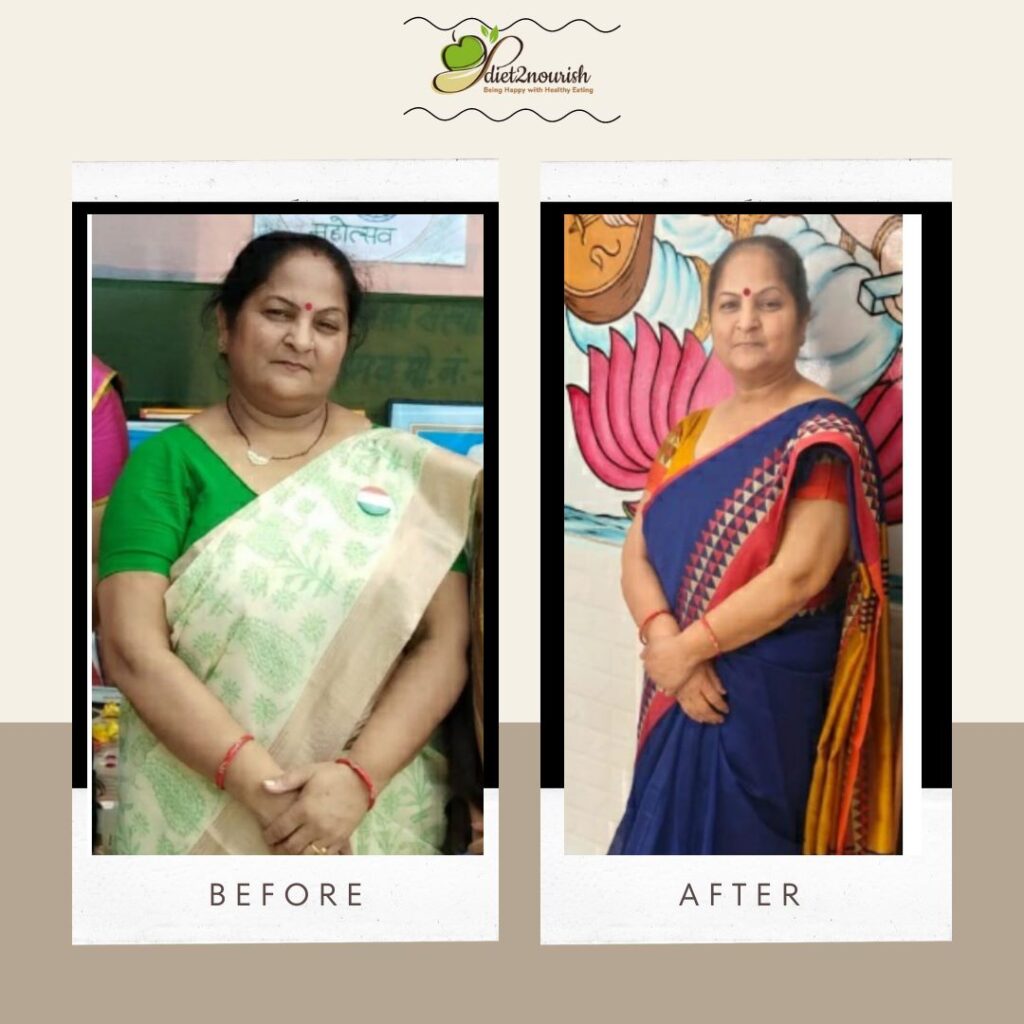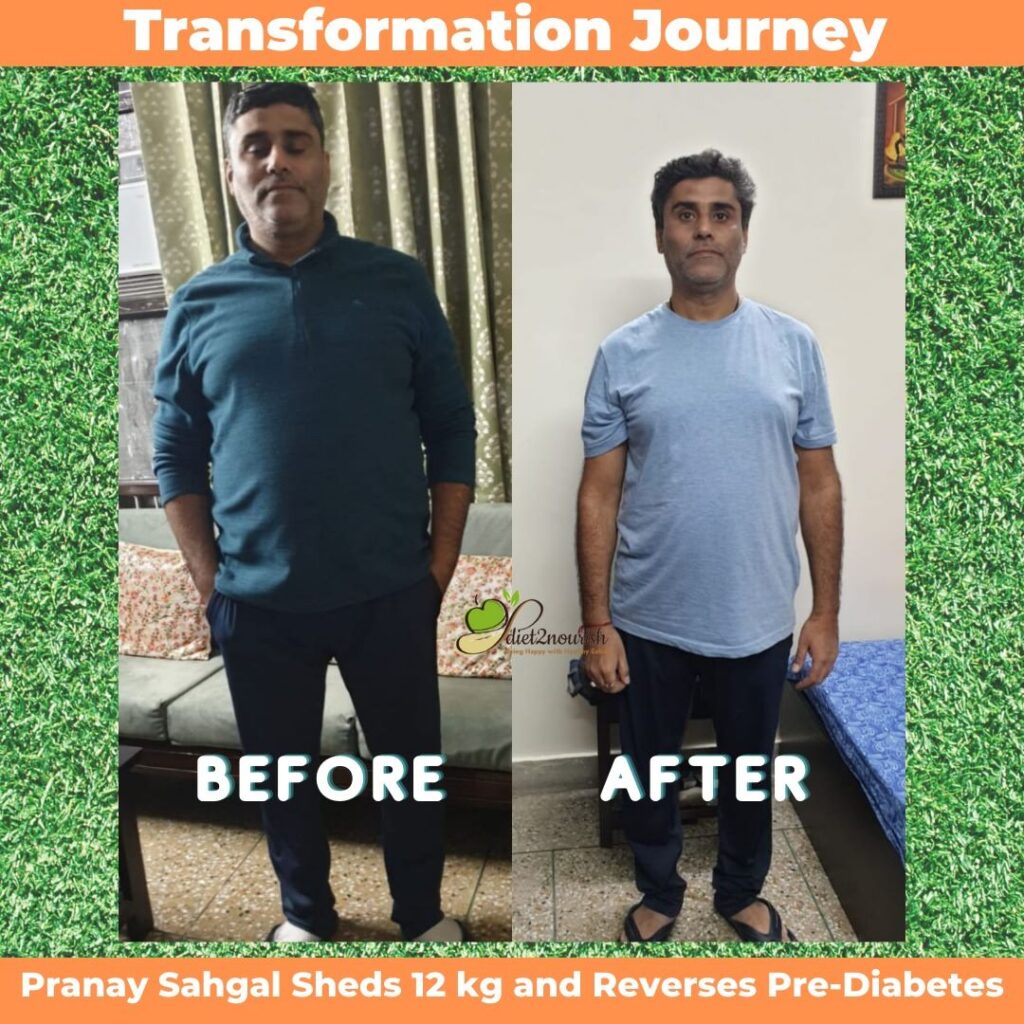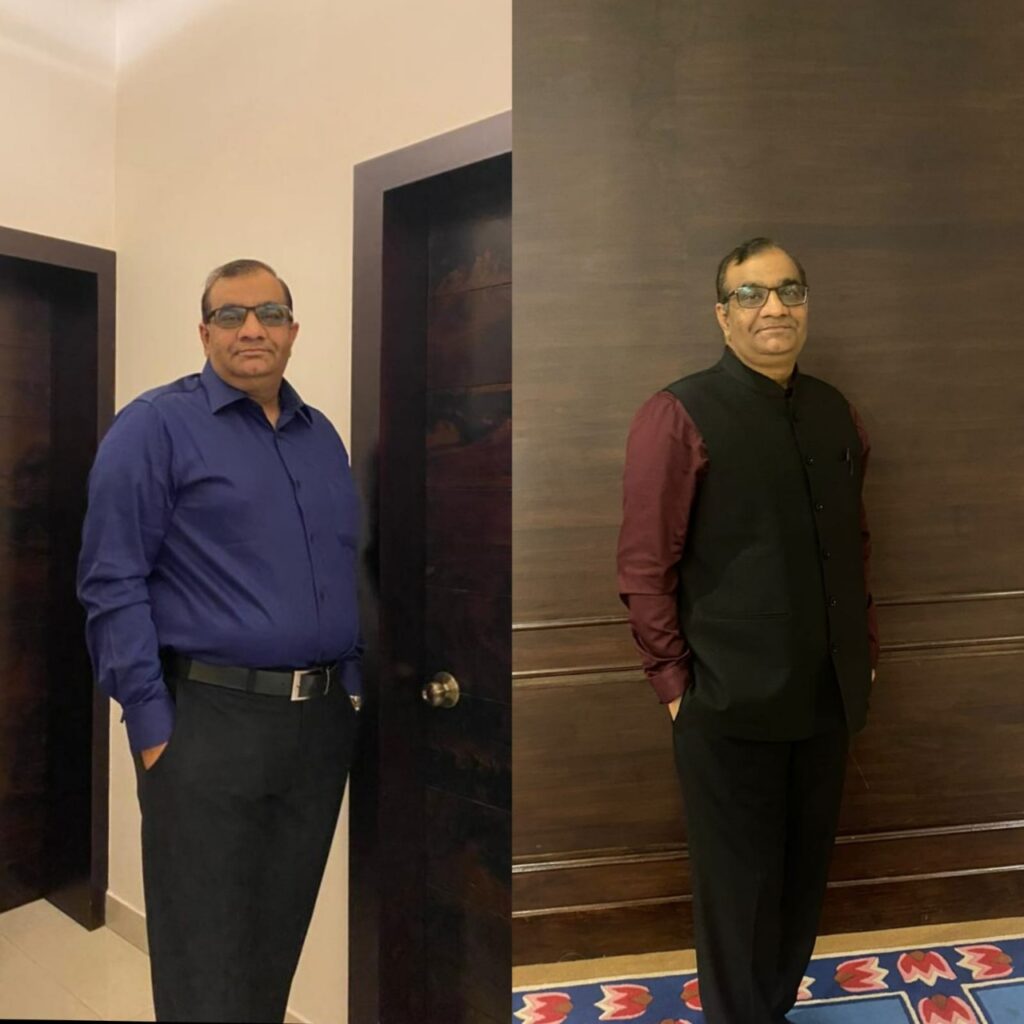When it comes to maintaining a healthy lifestyle, seeking guidance from the best dietician in Noida can be extremely beneficial. A dietician can offer personalized advice on nutrition, meal planning, and dietary modifications to help you achieve your health goals. But with so many options available, how do you choose the best dietician in Noida? In this article, we’ll guide you through what to look for and how to find the right dietician to suit your needs.
Best Dietician in Noida: Understanding the Role
Before diving into the specifics of finding the best dietician in Noida, it’s important to understand the role of a dietician. A dietician is a professional who is trained in nutrition and dietetics. They can assess your current eating habits, understand your health needs, and create a customized plan to help you improve your diet and overall health. Whether you’re looking to manage a specific health condition or simply want to adopt a healthier lifestyle, a dietician can offer valuable support and advice.

Best Dietician in Noida: What to Look For
When searching for the best dietician in Noida, there are a few key factors to consider:
- Qualifications: Look for a dietician who is properly credentialed and has the necessary qualifications. They should hold a degree in nutrition or dietetics and be registered with the appropriate professional body.
- Experience: The best dietician in Noida will have experience working with clients who have similar goals and health needs as you. This can help ensure they understand your challenges and can offer effective solutions.
- Specializations: Depending on your specific health goals or conditions, you may want to find a dietician who specializes in certain areas such as weight loss, diabetes management, or sports nutrition.
- Approach: The best dietician in Noida will use an evidence-based approach to nutrition. They should be knowledgeable about the latest research in the field and use this information to guide their recommendations.
- Communication Style: It’s important to find a dietician who communicates in a way that you understand and feel comfortable with. They should be able to explain complex concepts in simple terms and be open to answering any questions you may have.
- Reviews and Recommendations: Look for feedback from other clients who have worked with the dietician. This can give you insight into their approach and the results they’ve achieved.
Best Dietician in Noida: Where to Look
Once you know what to look for, you can start your search for the best dietician in Noida. Here are some places to find potential candidates:
- Online Searches: A simple online search using the keyword “best dietician in Noida” can yield a list of professionals in your area. Be sure to check their websites and read about their services, qualifications, and specializations.
- Health Clinics and Hospitals: Many dieticians work in healthcare settings such as hospitals or specialized clinics. Contact these facilities to inquire about the dieticians on staff.
- Referrals: Ask friends, family, or colleagues if they have any recommendations for the best dietician in Noida. Personal referrals can often lead to trusted and experienced professionals.
- Professional Associations: Check with professional organizations for dieticians in India. These associations may offer directories of registered dieticians in your area.
Best Dietician in Noida: How to Make Your Decision
After gathering a list of potential candidates for the best dietician in Noida, you’ll need to narrow down your choices. Here are some steps to help you make your decision:
- Schedule Consultations: Many dieticians offer initial consultations. This is a great opportunity to discuss your goals, ask questions, and get a sense of whether the dietician is a good fit for you.
- Ask About Services and Fees: During your consultation, ask about the services offered and the cost of working with the dietician. Make sure their offerings align with your needs and budget.
- Check Credentials: Verify the dietician’s qualifications and registration with professional bodies. This ensures you are working with a qualified and ethical professional.
- Discuss Your Goals: Share your health goals and any medical conditions you may have with the dietician. Make sure they understand your situation and can tailor a plan to your needs.
- Trust Your Instincts: Ultimately, trust your instincts when choosing the best dietician in Noida. Look for someone you feel comfortable with and confident in their abilities.
Best Dietician in Noida: Building a Successful Partnership
Once you’ve chosen the best dietician in Noida for your needs, the next step is to work together to achieve your health goals. Here are some tips for building a successful partnership:
- Be Honest and Open: Share your eating habits, preferences, and challenges openly with your dietician. This information will help them create a personalized plan for you.
- Follow the Plan: Trust the guidance of your dietician and follow the plan they create for you. Make any necessary adjustments together to ensure you stay on track.
- Stay Committed: Achieving your health goals takes time and effort. Stay committed to your dietician’s plan and be patient with the process.
- Communicate Regularly: Keep the lines of communication open with your dietician. Share your progress, and any obstacles you encounter, and ask questions as needed.
- Celebrate Achievements: As you make progress toward your goals, take the time to celebrate your achievements with your dietician. This can help keep you motivated on your journey.
Working with a dietitian can help you make healthy changes to your diet and lifestyle, but finding the right professional for your needs is essential. In this continuation of the article, we’ll discuss more tips on choosing and working with a dietitian, as well as some general advice for a successful partnership.

Meeting for the First Time
Once you’ve chosen a dietitian, you might be wondering what to expect at your first meeting. Here’s what to keep in mind:
- Prepare Questions: Before your meeting, think about any specific questions you have about your diet or health goals. Writing them down can help you remember what to ask.
- Discuss Your Goals: Talk about what you want to achieve with your dietitian. This could be weight loss, improved energy, or managing a specific health condition.
- Share Your History: Be open about your medical history, allergies, and any medications you’re taking. This information can help the dietitian tailor a plan for you.
- Talk About Preferences: Let the dietitian know if you have dietary restrictions or preferences, such as vegetarianism or veganism, and any foods you dislike.
Setting Goals Together
After your initial meeting, you and the dietitian will likely set goals together. Here’s how to approach this process:
- Be Realistic: Set goals that are achievable and sustainable. For example, if you want to lose weight, aim for a slow and steady rate of loss.
- Break Down Big Goals: Large goals can be daunting, so break them down into smaller, manageable steps.
- Set a Timeline: Work with your dietitian to create a timeline for reaching your goals.
- Monitor Progress: Regular check-ins with your dietitian can help you see how you’re doing and make adjustments if needed.
Making Dietary Changes
Changing your diet can be challenging, but with the help of a dietitian, you can take small steps to improve your eating habits. Here’s how to ease into these changes:
- Start Small: Focus on making one or two changes at a time, rather than overhauling your entire diet all at once.
- Plan Ahead: Meal planning can help you stick to your new dietary habits. Discuss meal ideas and strategies with your dietitian.
- Keep Track: Consider keeping a food diary to track what you eat and how you feel. This can help you and your dietitian identify patterns and areas for improvement.
Handling Challenges
You may encounter challenges along the way, but your dietitian can help you navigate them. The following are some typical obstacles and solutions:
- Social Situations: Social events can make it difficult to stick to your diet. Plan ahead by bringing your own dish or eating a healthy snack beforehand.
- Busy Schedule: A hectic schedule can lead to poor eating choices. Meal prepping or planning simple, quick meals can help.
- Cravings: Cravings can be tough to overcome, but a dietitian can offer strategies to manage them, such as finding healthy alternatives.
- Plateaus: If you hit a plateau in your progress, your dietitian can help you adjust your plan to continue moving forward.
Keeping Motivated
Staying motivated on your health journey can be challenging at times. Here are:
- Set Rewards: Celebrate milestones with non-food rewards, like a new workout outfit or a day off for relaxation.
- Visual Reminders: Use visuals like a vision board or photos of your progress to remind yourself of your goals.
- Find Support: Lean on friends, family, or support groups for encouragement and motivation.
- Remember Your “Why”: Keep in mind the reasons you started your health journey in the first place. This can help you stay focused.

Building a Long-Term Relationship
Building a long-term relationship with your dietitian can lead to lasting success. Here’s how to cultivate this partnership:
- Maintain Regular Contact: Schedule regular follow-ups with your dietitian to check in on your progress and discuss any adjustments needed.
- Be Honest: Share any challenges or setbacks with your dietitian. They can help you navigate obstacles and find solutions.
- Remain Committed: Reaching your objectives requires consistency. Stay committed to your plan and keep working with your dietitian.
- Be Open to Feedback: Your dietitian may offer constructive feedback on your progress or areas for improvement. Be open to their suggestions and advice.
Adjusting Your Plan
As you work with your dietitian, there may be times when your original plan needs adjustment. This is a natural part of the process as your body responds to changes in diet and lifestyle. Here’s how to approach making adjustments:
- Assess What’s Working: Reflect on what changes have been effective and which ones may need revision. Your dietitian can help you identify these areas during your check-ins.
- Communicate Challenges: If you’re experiencing difficulty with a particular aspect of your plan, such as consistently following meal prep or managing cravings, share this with your dietitian.
- Stay Flexible: Remember that plans may need to evolve over time. Being open to change can help you adapt and stay on course.
- Revisit Goals: As your circumstances change, so may your goals. Work with your dietitian to revisit and possibly revise your objectives to ensure they remain realistic and attainable.
Learning New Habits
A significant part of working with a dietitian is learning new habits that promote a healthier lifestyle. Here’s how to establish lasting habits:
- Incorporate Variety: Eating a diverse range of foods can help you get all the nutrients your body needs. Your dietitian can guide you in creating balanced meals.
- Focus on Mindful Eating: Pay attention to your body’s hunger and fullness cues, and try to avoid distractions while eating. By doing this, you can reduce overeating and increase your enjoyment of your meals.
- Establish a Routine: By making eating a routine, you can regulate your metabolism and prevent impulsive eating.
- Build a Support System: Surround yourself with people who encourage your healthy habits and can hold you accountable.
Tracking Your Progress
You can stay motivated by monitoring your development and seeing your improvement over time. Here are some ways to monitor your journey:
- Record Your Meals: Keeping a food diary can help you and your dietitian assess your eating patterns and make necessary adjustments.
- Note Physical Changes: Take note of any physical changes you experience, such as improved energy levels, better sleep, or changes in weight or body composition.
- Measure Health Indicators: Depending on your goals, you may want to track health indicators such as blood pressure, cholesterol levels, or blood sugar.
- Celebrate Small Wins: Recognize your achievements, no matter how small, to stay motivated and inspired.

Maintaining Results
Once you reach your goals, it’s important to maintain the healthy habits you’ve developed. Here’s how to sustain your success:
- Stick to Your Plan: Continue following the dietary and lifestyle changes you and your dietitian established, even after you’ve reached your goals.
- Stay in Touch: Regular check-ins with your dietitian can help you stay on track and address any new challenges that arise.
- Adapt to Changes: Life changes such as travel, work shifts, or family events may require adjustments to your plan. Your dietician can guide you through these adjustments.
- Keep Learning: Stay informed about nutrition and health trends, and continue learning from your dietitian.
Conclusion
In conclusion, finding the best dietician in Noida can make a significant difference in your journey to better health. By understanding the role of a dietician, knowing what to look for, and taking the time to find the right professional, you can set yourself up for success. Once you’ve chosen a dietician, building a strong partnership will help you achieve your health goals and maintain a healthier lifestyle.







